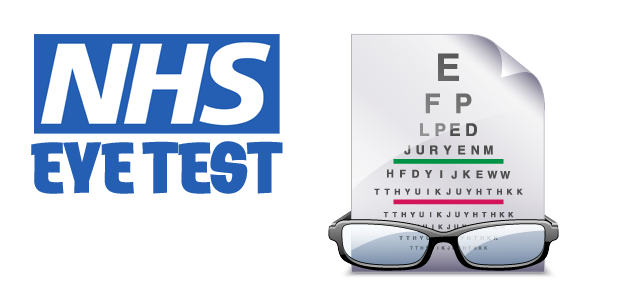![]()
Jack Brown Eyecare, Edinburgh Opticians.
Email: info@jbeyecare.com
Jack Brown Eyecare Branches
30 Elder Street, Edinburgh EH1 3DX
Tel: 0131 557 3531
Open in Google Maps
Westside Plaza, Edinburgh EH14 2SW
Tel: 0131 442 2333
Open in Google Maps

When a corneal herpes simplex infection (herpes simplex keratoconjunctivitis, keratitis) begins, it may resemble a mild bacterial infection because the eyes are slightly painful, watery, red, and sensitive to light. Corneal swelling makes vision hazy. However, the herpes infection doesn't respond to antibiotics, as a bacterial infection would, and often it continues to worsen.
Most often, the infection produces only mild changes in the cornea and goes away without treatment. Rarely, the virus deeply penetrates the cornea, destroying its surface. The infection may recur, further damaging the surface of the cornea. Several recurrences may result in ulceration, permanent scarring, and a loss of feeling when the eye is touched. The herpes simplex virus can also cause an increased growth of blood vessels, visual impairment, or total loss of vision.
A doctor may prescribe an antiviral drug such as trifluridine, vidarabine, or idoxuridine. These drugs are usually prescribed as an ointment or a solution to be applied to the eye several times a day. However, they're not always effective; sometimes, other drugs must be taken by mouth. Sometimes, to help speed healing, an ophthalmologist may have to gently swab the cornea with a soft cotton-tipped applicator to remove dead and damaged cells.
Corneal Ulcers
A corneal ulcer is a wound in the surface of the eye. The damage would be similar to a scrape or cut on your skin; both problems result in an unprotected wound. The normal cornea is covered by a layer of tissue called the epithelium, sort of like 'skin' over the deeper eye layers. When the epithelium is damaged, infections can occur and result in complete perforation of the eye if left untreated. Clinical signs of a corneal ulcer include: squinting, redness, cloudiness, tearing, and lethargy. A special green stain can be used to highlight the ulcer on the cornea.
There are many causes of corneal ulcers such as injuries, abnormal eyelashes that irritate the surface, lack of tear production, infections, and many types that we don't understand very well. Corenal ulcers are characterized according to location, depth, associated diseases, and cause.
Treatment of the ulcer depends on the type and depth of ulcer. Some corneal ulcers require simple application of medications to prevent infection and alleviate pain, whereas very deep corneal ulcers require surgically placed grafts to prevent a full thickness perforation. Indolent ulcers (chronic erosions) are superficial ulcers that tend to heal very slowly unless special techniques are performed such as a minor surgical procedure called multiple punctate keratotomy (MPK), or the placement of a bandage contact lens. Antibiotics are usually dispensed to prevent infections.
You should observe the ulcer daily for comfort level, type of discharge from the eye, redness, and presence of the contact lens if one has been applied. Healing ulcers should exhibit the presence of red blood vessels -- this is a GOOD sign!
Cold sores
Culprit is the extremely infectious Herpes simplex virus, which can also cause Corneal ulcer and genital herpes, so do not touch eyes or genitals after touching cold sores.
In first stage of infection, blisters and then ulcers form inside the mouth or on the face, accompanied by red, swollen gums, a furry tongue, mild fever, and feeling generally under par. Though these symptoms clear up within a few days, the virus may not be destroyed, so whenever immunity is at a low ebb infection tends to reappear around mouth and lips, causing blisters which weep and then become encrusted; these usually clear up within 5-7 days. Though antiviral ointments are often effective, the author advises against all external applications whilst undergoing homeopathic treatment if possible. Outbreaks can be treated using the remedies given below, but constitutional treatment is the proper solution.
text size >












